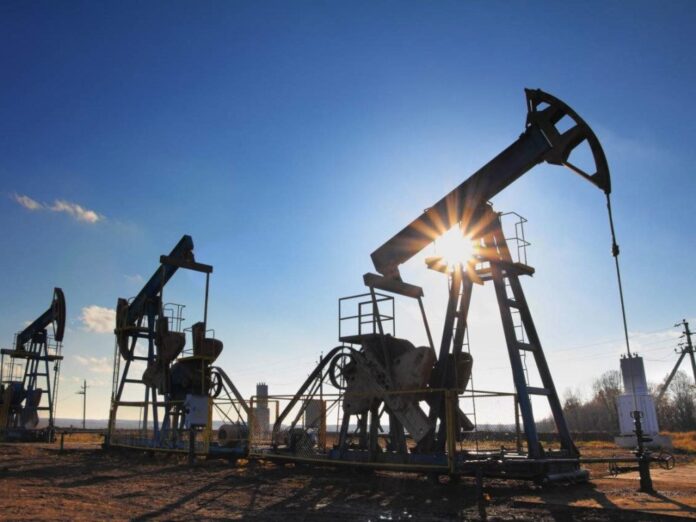Oil extended losses on Wednesday as concerns over global economic headwinds deepened, erasing the price gains booked after top crude exporter Saudi Arabia’s surprise weekend pledge to deepen output cuts.
Brent crude futures were down 40 cents, or 0.5%, at $75.89 a barrel at 0456 GMT. The U.S. West Texas Intermediate crude futures fell 35 cents, also 0.5%, to $71.39 a barrel.
Both benchmarks had jumped more than $1 on Monday, boosted by Saudi Arabia’s decision over the weekend to reduce output by 1 million barrels per day (bpd) to 9 million bpd in July.
U.S. gasoline inventories rose by about 2.4 million barrels and distillates inventories were up by about 4.5 million barrels in the week ended June 2, market sources said on Tuesday, citing American Petroleum Institute figures.
The unexpected buildup of stockpiles raised concerns over fuel consumption by the world’s top oil consumer, especially as travel demand grew during the Memorial Day weekend.
“The market has digested the news of Saudi’s production cut and investors are now reluctant to take a large position because of mixed economic forecasts and indicators in the United States and China,” said Hiroyuki Kikukawa, president of NS Trading, a unit of Nissan Securities.
China’s official data showed on Wednesday that its exports shrank much faster than expected in May and imports fell, albeit at a slower pace, as manufacturers struggled to find demand abroad and domestic consumption remained sluggish.
Nonetheless, some analysts expected Saudi Arabia’s voluntary cut, the biggest in the kingdom in years, would put a floor under oil prices, although it was unlikely to underpin a sustainable price increase into the high $80s-low $90s per barrel range.
Our Standards: The Thomson Reuters Trust P
























